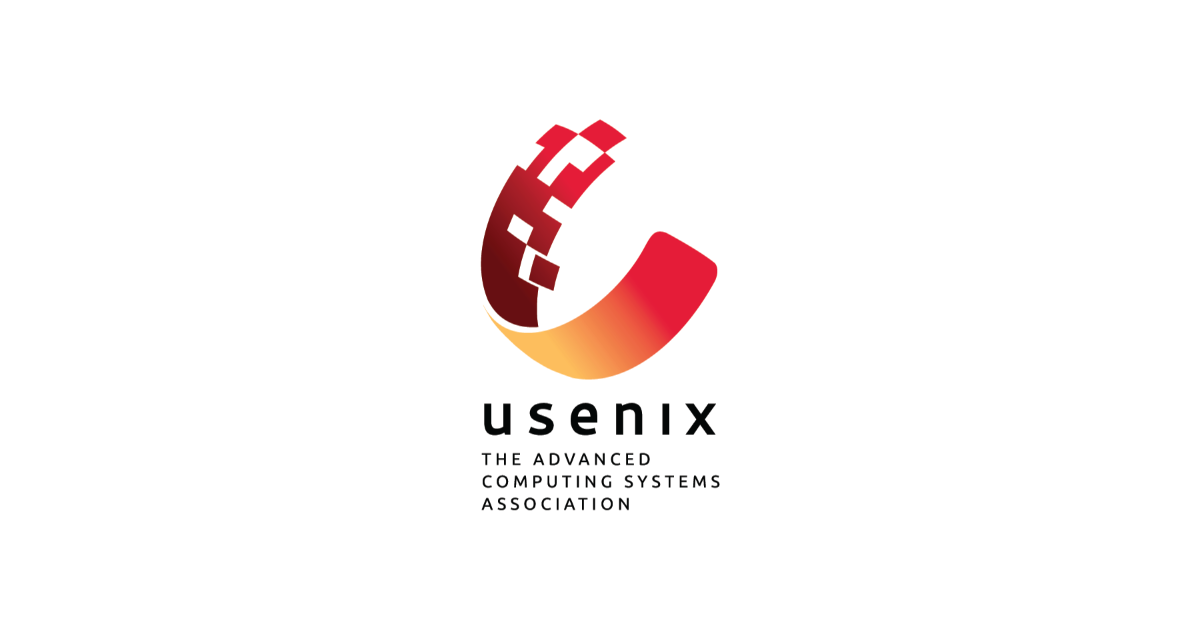Codon Compiler: A Glimpse of Faster Python?

Codon is a compiler aiming to dramatically improve Python's execution speed. While the author previously encountered compilation issues, recent updates have resolved them. Although a test script didn't show speed improvements, Codon demonstrated significant performance gains in NPBench NumPy benchmarks, reaching up to 900x speedup, largely due to the Codon team's direct port of NumPy. While the author didn't replicate the benchmark results, a trial of a supposedly 300x faster Python script hints at Codon's potential in specific use cases.
Read more